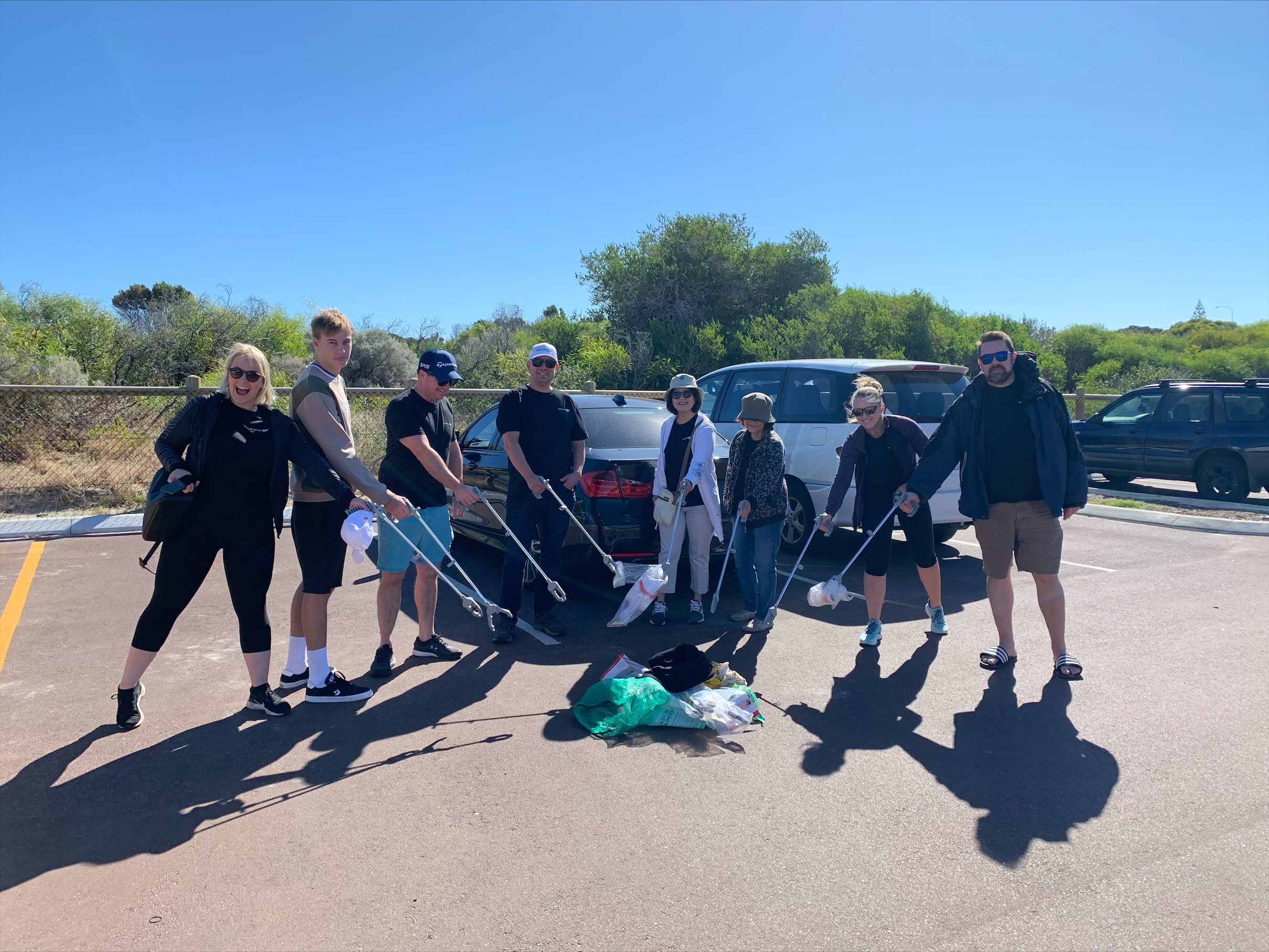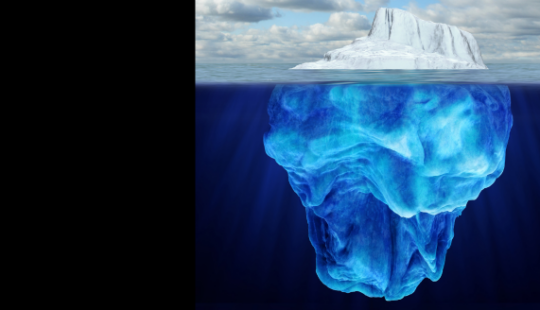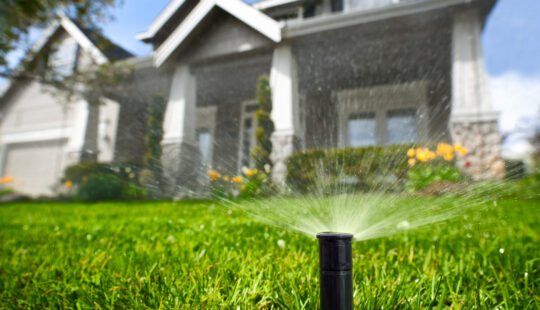Water Pollution is a longstanding issue in Australia and New Zealand, particularly in areas of urbanisation, industrialisation, mining and agriculture.
Australia’s coast is the sixth largest of any nation, and is closely linked to our national economy, industry, arts, social lifestyle and cultural identity. Most of Australia’s population growth is near the coast, and we rely on the ocean for almost all our international trade. Now, more than ever, it is important that we understand the environmental consequences of how we use our waterways, and the significant gaps that remain in our knowledge of waterway health.
Litter that ends up in the environment can harm or kill wildlife, while also damaging and degrading habitats. Marine debris—any human-made item, commonly made of plastic, which makes its way to the ocean—is one of the most pervasive global threats to the health of the ocean. Scientists estimate that 80 percent of marine debris comes from land-based sources. To really understand this problem, we need data not only on the coast but also upstream in the communities where much of the problem starts.
There are 150 million metric tons of plastic in the sea, and 8 million metric tons more every year, and would triple by 2040. 71 percent of all mismanaged plastic comes from Asia with up to 4000 items per m3 of microplastics widely abundant in Asia’s marine ecosystems.
Waterway sustainability and development is a top priority that SAP has committed to globally. In 2020, SAP announced it joined the World Economic Forum’s Global Plastic Action Partnership community, which aims to create a cleaner ocean by 2030. Reducing the amount of plastics entering the ocean requires cross-industry collaboration armed with data and intelligent technologies.
To support this commitment, SAP Asia Pacific and Japan (APJ) introduced a new initiative in 2022 whereby our employees are participating in a clean-up in their local areas to reduce the pollution in the waterways while advancing SAP’s Sustainable Development, taken from the 17 UN Global Sustainability Goals: Goal 13 on Climate Action and Goal 14 on Life Below Water. SAP engages in climate action by providing data analytics solutions to help our customers and our own business understand and minimise climate impact in everyday business operations. In terms of protecting life below water, SAP has launched the next phase of its Plastics Cloud. This will allow businesses to shift rapidly to alternatives to single-use plastics, scale design for circularity, invest in materials-collection infrastructure and ensure a better consumer experience.
On the 22nd of April 2022, in support of Earth Day, 37 SAP employees across Australia conducted the first Waterway Clean-up. Participants used the Marine Debris Tracker, an app developed by National Geographic and powered by Morgan Stanley. This tracker app allowed them to check in when they find rubbish along coastlines and waterways they searched, helping to make a real difference to waterway health. The groups involved cleaned 4.5km of coastline that stretched across sites in QLD, NSW, VIC, and WA, removing more than 118kg of rubbish that was headed towards the ocean.
This singular effort has made a huge impact on the state of Australia’s coastal health by reducing the amount of potential debris pollution on our coastlines. It shows the great impact 37 volunteers achieved in one day and highlights the potential impact SAP could have by hosting more of these Clean-ups in the future and encouraging others to get involved. You can view the results on the interactive dashboard here.
How can you get involved? You can participate in ongoing scientific research simply by using the free Debris Tracker app, instructions here.


